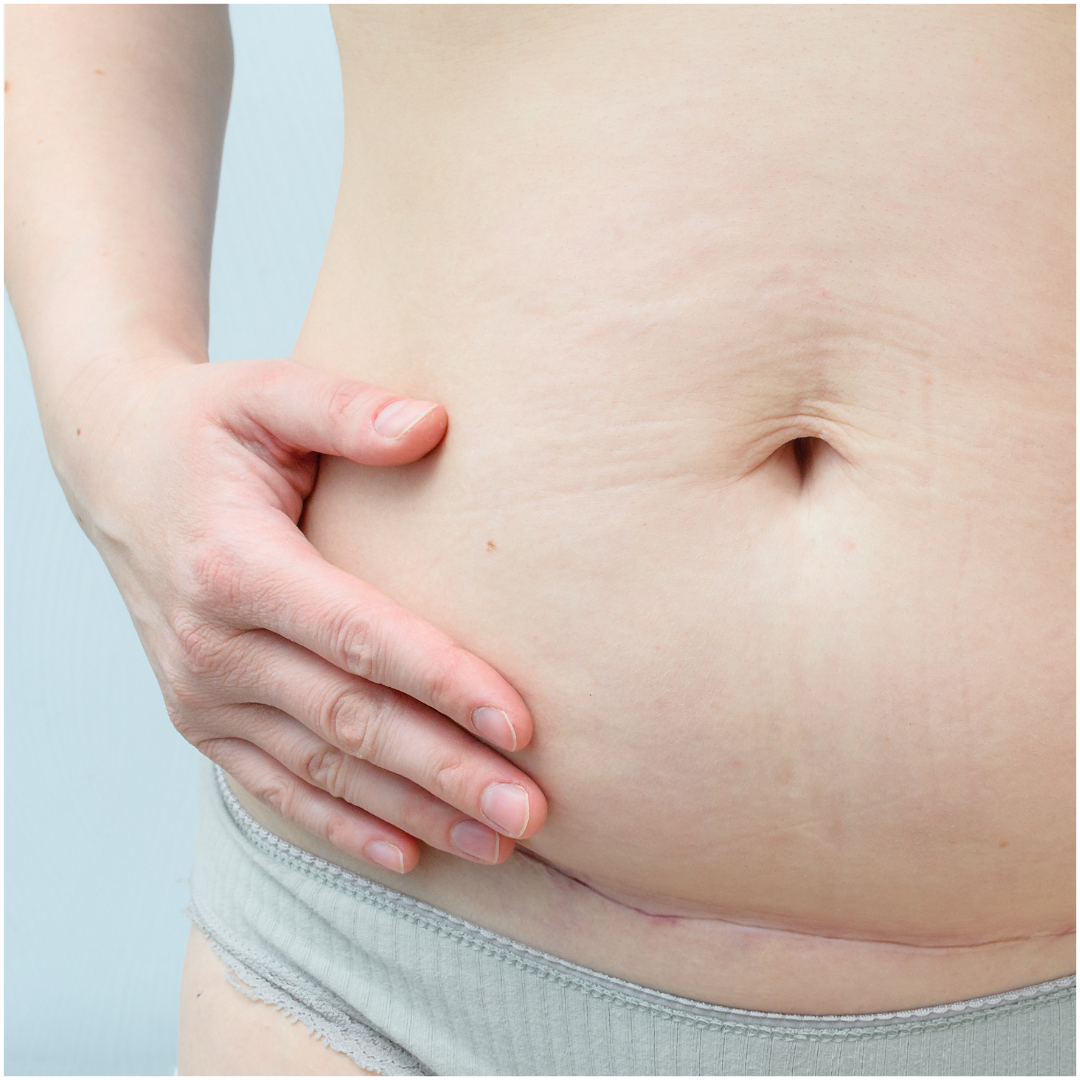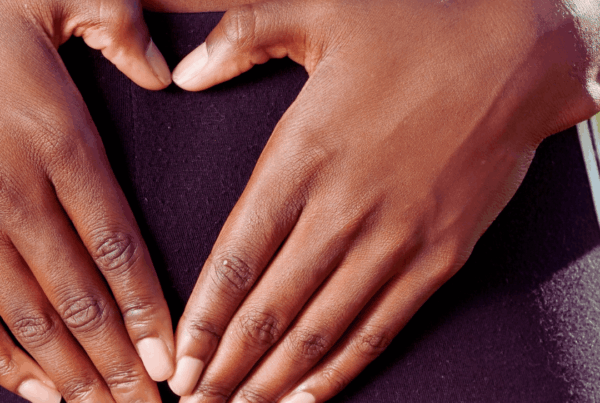
Bringing a baby into the world via cesarean section is a major surgical procedure—yet, surprisingly, many women receive little to no aftercare once they leave the hospital. While a C-section is common, the physical and emotional recovery is often under-discussed, and scar care is rarely addressed in routine postnatal support.
C-Sections: More Common Than You Might Think
According to the World Health Organization (WHO), cesarean sections now account for more than 21% of births globally, with rates in some countries—including the UK and the US—climbing even higher. In England alone, the NHS reports that around 1 in 4 births are now delivered via C-section.
Some of these procedures are planned (elective), while others happen in emergency situations. Regardless of how or why the surgery takes place, the healing process can be significant—and scar management is a crucial but often overlooked aspect of recovery.
The Hidden Reality: Lack of Aftercare Support
Despite the prevalence of cesarean deliveries, women are typically discharged from hospital with little more than basic wound care instructions. There is no routine follow-up for scar healing, mobility advice, or pelvic health support—let alone emotional guidance on body image or managing discomfort.
Many new mothers are left to navigate:
- Tightness or numbness around the scar
- Pain or sensitivity at the incision site
- Limited core strength or mobility
- Internal adhesions or scar tissue that may cause discomfort long-term
Without proper support, these symptoms can persist and impact everyday life—yet they’re rarely acknowledged in standard postnatal care.
Why Scar Care Matters
C-section scars may be small in appearance, but they represent layers of healing—skin, fat, fascia, and uterus—all of which have been cut and stitched back together. Taking care of your scar is about more than aesthetics; it’s about supporting deeper healing and restoring function.
Benefits of proper scar management include:
- Reduced risk of adhesions (internal scar tissue that can lead to pain or restricted movement)
- Improved mobility and core activation
- Less discomfort during activities like bending, lifting, or exercise
- Better emotional connection with your body after birth
- Support for pelvic health and abdominal recovery
How We Can Do Better
There is a pressing need for better postnatal care protocols that include routine scar assessment, treatment options, and pelvic health physiotherapy. Women should not be expected to “just get on with it” after major surgery.
Some effective treatments and practices include:
- Scar massage techniques (to reduce tightness and improve tissue mobility)
- Lymphatic therapy using tools like the LymphaTouch to reduce swelling and improve healing
- Guided postnatal Pilates or core rehabilitation
- Pelvic floor physiotherapy, even if no vaginal birth occurred
A Personal Note
As a physiotherapist and a mum who has had two C-sections myself, I know firsthand how isolating and confusing recovery can be. That’s why I’m so passionate about helping other women reclaim their strength, confidence, and comfort through informed, compassionate care.
You deserve more than just being told to “rest and heal.” You deserve a recovery that is supported, guided, and empowering.
Have questions about C-section scar treatment or want to book a postnatal consultation? Get in touch—I’m here to help you heal, safely and confidently.





